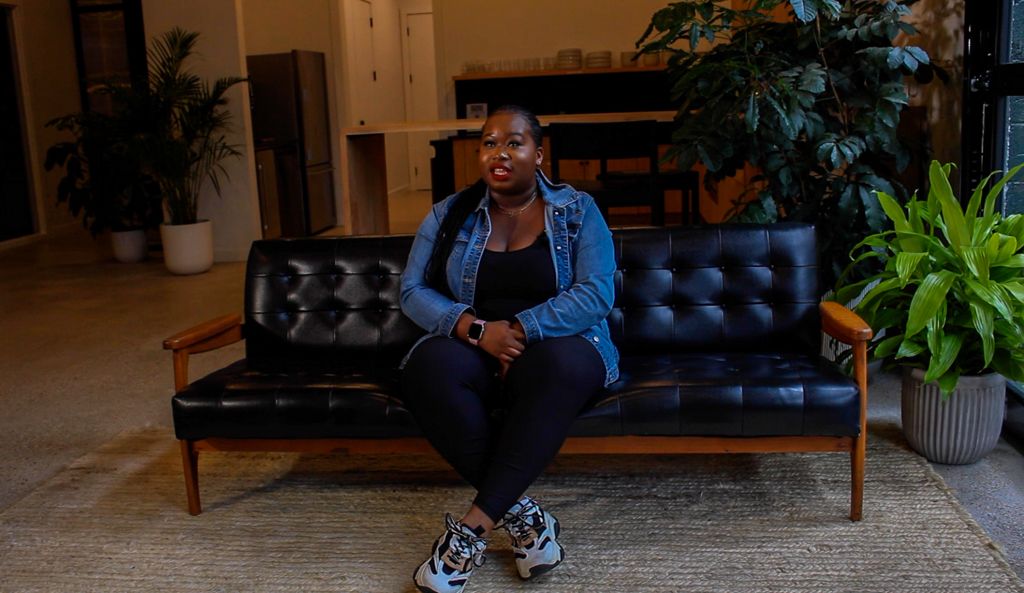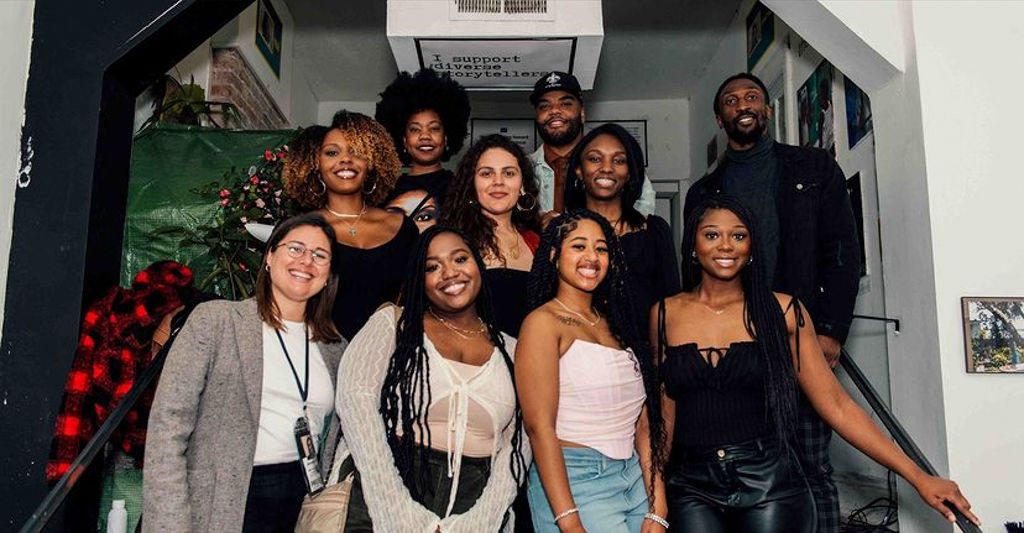From Mental Health to Black Maternal Health
As Lede New Orleans welcomes the Spring 2023 Community Reporting Fellows, alumni and Fellowship Editor Mandy Ortiz speaks on the shift in reporting focus from mental health to Black maternal health.

By Mandy Ortiz
Last fall, I participated in Lede New Orleans’ Community Journalism Fellowship. I had never practiced journalism formally, but I’d always had a love for storytelling. My experience with Lede felt personally revolutionary; it was the first time I was given the space to tell the stories I cared about in mediums I never thought to venture in.
My cohort focused on the topic of mental health, spending 16-weeks investigating the ways folks in New Orleans are (re)defining mental health care and conversations. Each week we set off to interview someone new, trying to get a better sense of the resources that exist in New Orleans and identify the areas we can push for growth as a community. We gathered dozens of stories that explored where mental health intersects with wellness, music, incarceration and sports. We explored somatic healing, barbershop and bar culture, therapy collectives, and how generational trauma shows up in our neighborhoods. We curated and shared that information with the community in a bi-weekly newsletter, with a focus on elevating the powerful work being done by people in our city.
Mental health can be a difficult topic to discuss. The stigma surrounding treatment and diagnosis has made it hard for some individuals to find support and community. However, my experience last fall taught me that by telling these stories and sharing what we were uncovering with the community at-large, we were helping to normalize these heavy conversations and change the narrative on what receiving support could look like.

As we re-launch the fellowship newsletter today, the Spring 2023 fellows shift to reporting on stories focused on Black motherhood and maternal health in New Orleans.
The statistics around Black maternal health are alarming. According to the Louisiana Department of Health, Black birthing persons in New Orleans are four times as likely to die in a pregnancy-related death compared with white birthing people. But the statistics are just one side of the story.
My experience reporting on local mental health care access gave me a better understanding of how systemic racism and the structure of our health care system led to the disparities Black and brown people face when accessing care, but that time also provided me insights on the beautiful ways Black and brown folks have created their own spaces and practices for healing. As an Editor for the spring fellowship, I am looking forward to seeing how this cohort can shift the narrative around maternal health in our city, highlighting both the challenges and successes Black mothers face here in New Orleans.
This article is available to republish under a Creative Commons license. Read Lede New Orleans’ publishing guidelines here.
Support Lede New Orleans and its community-centered reporting by becoming a supporting donor.

